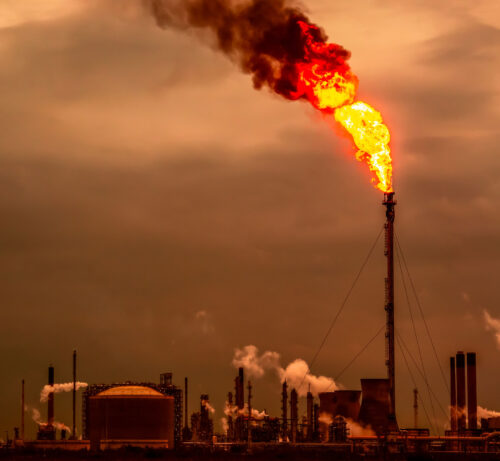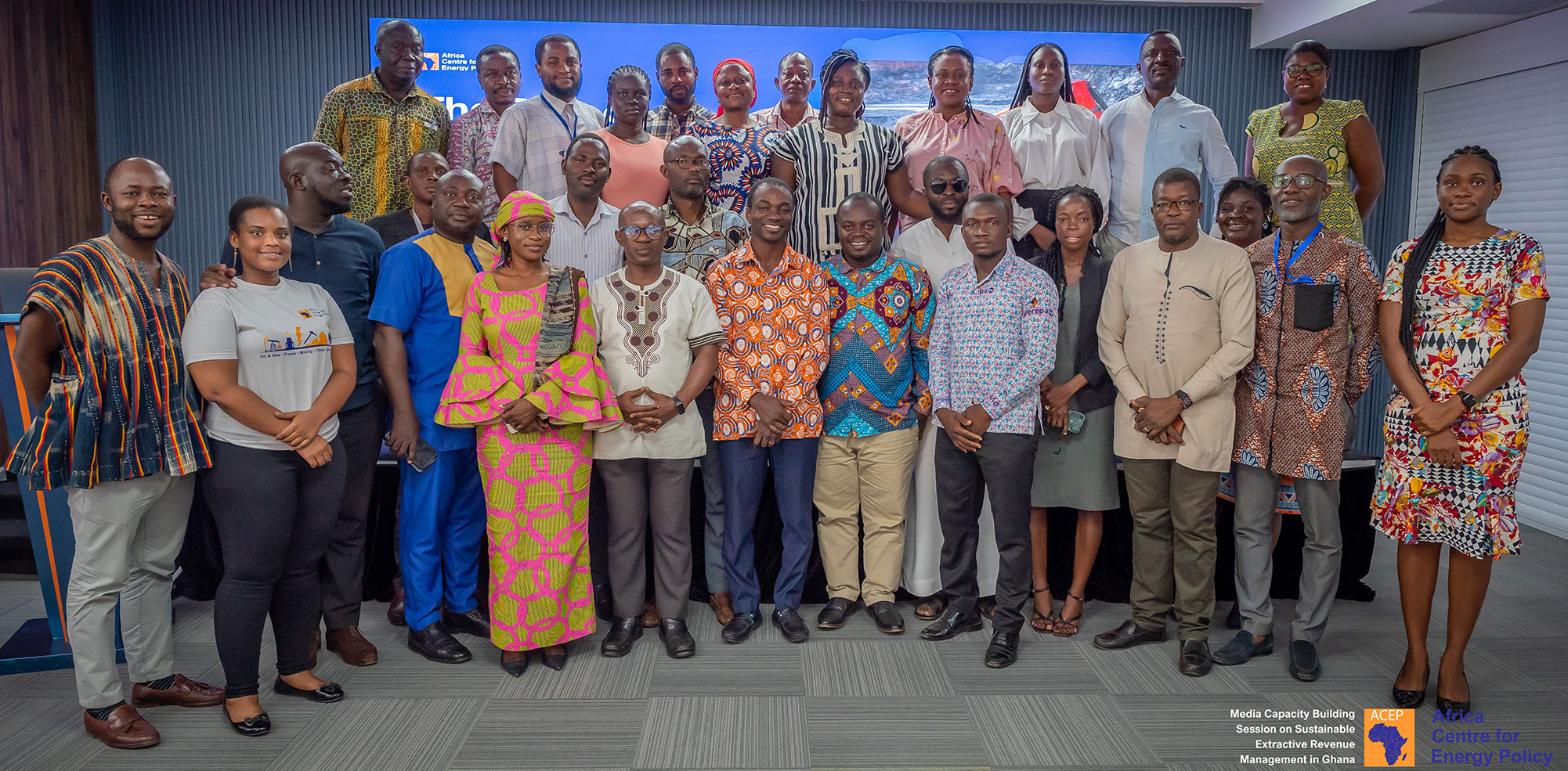
Civil Society Collaboration Is Key to Addressing the Widening Methane Mitigation Capacity Gap
How the Global South can keep pace with methane mitigation efforts.
Methane mitigation in the oil and gas sector has gathered steam in recent years thanks to technological advances in detection and quantification, along with policy, market, and corporate solutions that are incentivizing stakeholders to act. Preventing methane leakage is not only good for the environment, it also makes good business sense – improving energy efficiency and energy security.
Governments in the Global South have demonstrated a strong commitment to methane reduction by joining key global initiatives. About 43 African countries have signed onto the Global Methane Pledge (GMP), including major oil and gas producers like Nigeria, Angola, and Libya, signaling their readiness to act. Additionally, 24 African states and two regional blocs — the African Union (AU) and the Economic Community of West African States (ECOWAS) — are active partners in the Climate and Clean Air Coalition (CCAC), working to implement methane reduction strategies. These commitments reflect a growing recognition of methane’s impact and the need for coordinated action.
The widening capacity gap
Despite these commitments, many Global South countries face challenges in keeping pace with methane mitigation advancements. The US has been a technology leader on methane. Europe, one of the world’s largest liquefied natural gas (LNG) markets, is advancing methane regulations that have global implications.
It has been difficult for many other countries, especially those in the Global South, to keep up with this rapid change. Access to state-of-the-art technology remains limited. A burgeoning global ecosystem of methane stakeholders and initiatives is hard to track. Putting in place enforceable domestic policies and incentives is a tall order, only further complicated by shifting market requirements of major buyers. In the world of methane mitigation, the capacity gap is widening.
Various organizations have taken steps to address this disparity. But there is a need for greater coordination to ensure that initiatives are not duplicating efforts or working at cross purposes.

Group from a recent ACEP convening
These are some of the conclusions that RMI and the Africa Centre for Energy Policy (ACEP) have drawn based on our experiences supporting methane-related capacity building in recent years. When we began raising these issues with other leading partner NGOs, we learned that many of them shared similar views.
Building a robust community of practice
To address these capacity and coordination gaps, we need to not only acknowledge their existence but also work together to ensure that we put our scarce resources to the best use possible.
Past work in methane capacity building has tended to concentrate on either granular regulatory and technical training or high-level discussions on the importance of methane. There is a “missing middle” of support that, for example, not only lays out the importance of tackling methane, but also delves into the available opportunities and strategies for methane mitigation, especially as emissions data becomes more accessible and actionable. Understanding the international stakeholder and market context will also remain key.
The best way to address this need is through strong partnerships across leading international and local NGOs. In parallel with building a diverse set of civil society contributors, there is also great value in peer-to-peer learning and knowledge exchange. Fostering dialogue between companies, financial institutions, civil society, and policymakers is essential for success. Such diversity strengthens national methane “ecosystems” and can bring stakeholders out of their siloes to support the creation of systematic, scalable solutions.
To advance these ends, RMI and ACEP alongside other leading NGOs are in the process of creating the Global South Methane Training Network (MTN). This civil society-led peer network and knowledge hub aims to support oil and gas sector stakeholders in developing methane mitigation strategies. The MTN will advance two key priorities:
- Coordinate across leading NGOs so that collectively we are helping to provide the foundational information and training required to set countries up for success in their methane mitigation strategies between now and 2030. While we certainly recognize that companies and other institutions are also working in this space, we believe there is a growing need for leading NGOs to work together to strengthen our collective role in various contexts.
- Empower Global South producing-country partners in their efforts to reduce and minimize methane emissions. Priorities would include a) keeping stakeholders updated on the evolving methane ecosystem, and b) enabling them to exercise the market, financial and technology options they have available to slash their oil and gas methane emissions. Peer-to-peer learning and information exchange would be a core aspect of this work.
The MTN will initially launch in Sub-Saharan Africa, building on the work of RMI’s Africa Energy Program, and strong regional partnerships and training provided by ACEP, RMI and our partners NGOs. Over the coming months, we will provide more information on this new initiative. If you have any questions, please contact TJ Conway, Principal, Oil and Gas Solutions (tconway@rmi.org).
*Charles Ofori is policy lead for Africa Center for Policy (ACEP) a Ghana based think tank focused on creating strong connection between research evidence and advocacy around the energy sector of the African continent and an RMI partner for the Methane Training Network (MTN).
